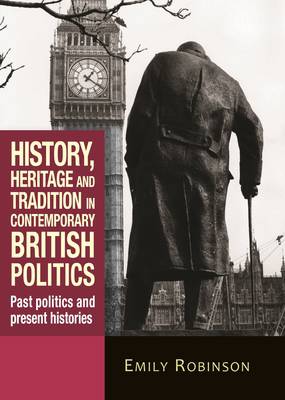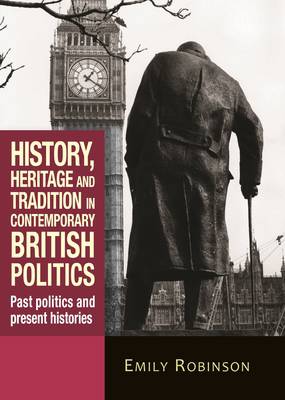
Bedankt voor het vertrouwen het afgelopen jaar! Om jou te bedanken bieden we GRATIS verzending (in België) aan op alles gedurende de hele maand januari.
- Afhalen na 1 uur in een winkel met voorraad
- Gratis thuislevering in België vanaf € 30
- Ruim aanbod met 7 miljoen producten
Bedankt voor het vertrouwen het afgelopen jaar! Om jou te bedanken bieden we GRATIS verzending (in België) aan op alles gedurende de hele maand januari.
- Afhalen na 1 uur in een winkel met voorraad
- Gratis thuislevering in België vanaf € 30
- Ruim aanbod met 7 miljoen producten
Zoeken
History, Heritage and Tradition in Contemporary British Politics
Past Politics and Present Histories
Emily Robinson
Hardcover
€ 111,95
+ 223 punten
Omschrijving
This book explores the uses of the past in modern British politics. It looks at the way in which political parties construct and remember their pasts through archives, histories and commemorations. -- .
Specificaties
Betrokkenen
- Auteur(s):
- Uitgeverij:
Inhoud
- Aantal bladzijden:
- 224
Eigenschappen
- Productcode (EAN):
- 9780719086311
- Verschijningsdatum:
- 1/01/2012
- Uitvoering:
- Hardcover
- Afmetingen:
- 165 mm x 240 mm
- Gewicht:
- 510 g

Alleen bij Standaard Boekhandel
+ 223 punten op je klantenkaart van Standaard Boekhandel
Beoordelingen
We publiceren alleen reviews die voldoen aan de voorwaarden voor reviews. Bekijk onze voorwaarden voor reviews.









